Many homeschooling families love the freedom to include Biblical studies as part of their students’ academic life. Jesus commanded us to love the Lord our God, not just with all our heart and soul, but with all our mind. Let’s chat about choosing the right Bible course for your teen…
Including biblical studies means both studying every subject through the lens of a Christian worldview, but also studying theology directly—going to the source of our theology: the Bible. It’s not enough to just encourage your student to make Bible reading a habit (though that’s an important piece), but you want your student to enter adulthood really knowing how to study the Bible for themselves.
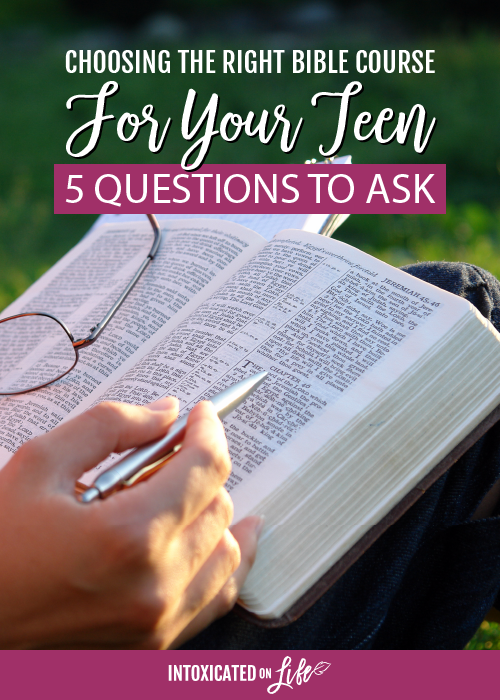
John Calvin said Scripture is like a pair of spectacles which dispels the darkness and gives us a clear view of God. Giving our kids a robust understanding of the Bible is perhaps the best gift we could ever give them in their education.
How do you choose the right Bible course for your student?
1. What are the Bible course’s theological commitments?
Don’t believe in the myth of “neutrality.” Everyone approaches the Bible (and any literature, really) from a certain perspective or with certain objectives.
Everyone teaches the Bible holding to some kind of creed—even if they claim “no creed but Christ,” this saying is a kind of creed in itself. Everyone has a take on what certain Bible passages mean—even if they believe the passage is ambiguous.
The first question you should ask is: Does the curriculum/teacher you are considering come from a theological perspective you are comfortable with?
2. Is the Bible course academically rigorous?
Some parents are just looking for a little supplement to a student’s time of private Bible reading, and that can be fine.
But if you’re looking for a course to include on a high school transcript, you’ll want something that’s academically rigorous.
- Does the course supply students with engaging lecture material (either audio or video)?
- Does the course supply students with guided notes (lecture outlines) for note-taking?
- Does the course require students to read all of the primary text (in this case, the Bible)?
- Does the course ask students to do at least 120 hours of school work in the school year (for a full credit class)?
3. Does the Bible course spark enjoyment and offer variety?
Does your student enjoy the course material? Don’t underestimate the importance of this. The last thing you want is for your student to associate boredom with the Bible.
Students often need diverse activities to hold their attention. Does the course you’re considering jump from shorter computer-based lessons to discussion questions, or from note-taking to diagrams?
4. Is the approach of the Bible course more historical or literary?
Generally speaking, Bible courses tend to be bent more towards the historical approach or the literary approach.
Historical approaches to the Bible tend to integrate Biblical events with world history, showing how to the two relate. These courses don’t focus on the text of the Bible as much as they focus on the events recorded in the Bible.
Literary approaches are focused more on the Bible directly, understanding each book of the Bible in its literary context, understanding how each book is laid out and organized in order to grasp the author’s message.
This is more of a spectrum than a hard-and-fast distinction. Both approaches require at least a little of the other.
Ask yourself: are you looking for a history course where the Bible is studied for is historical value, or are you looking for a course where your student grasps the Bible as a library of literary masterpieces?
5. Does the course offer ways for me to evaluate how my student is doing?
Does the course offer a way for you to evaluate how your student is doing in the course, such as discussion questions you do with your student or quizzes and tests?
Equipped: A Full Credit Bible Class
After years of teaching in local churches and college campuses, I’m excited to offer high school students a full-school-year course to teach them how to study the Bible for themselves – Equipped! Tools for Exploring the Bible.
If you’re considering having your student learn about the Bible as literature, this New Testament survey course is the course for you. We’ll be taking a deep dive into each book of the New Testament, book by book, allowing students to understand the literary flow and features of each book.
Check out our sample lessons to see if it’s a good fit!
Check out Equipped!

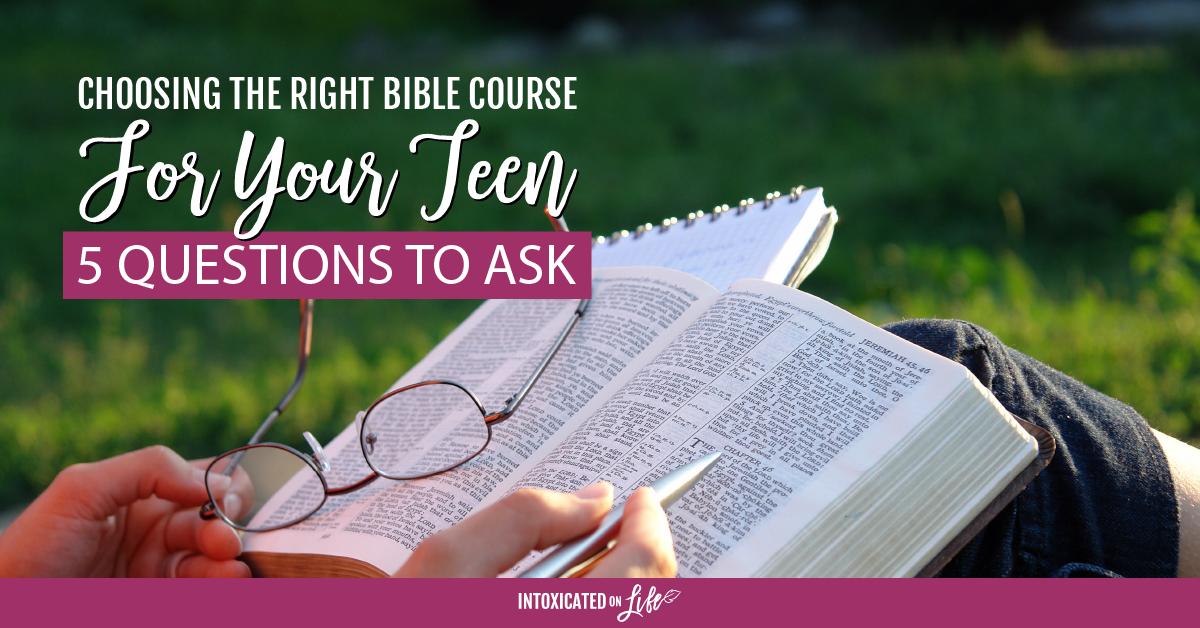
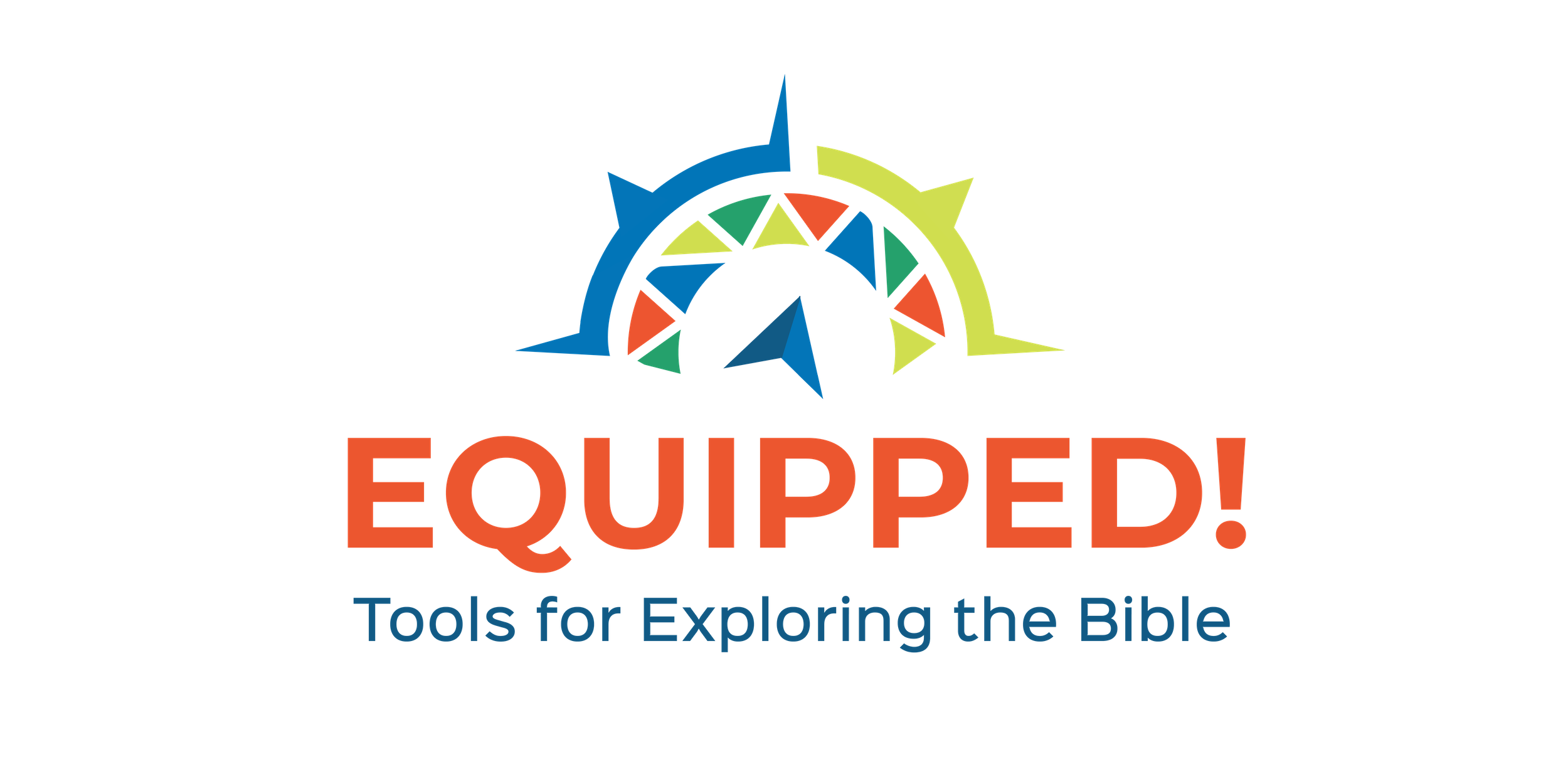
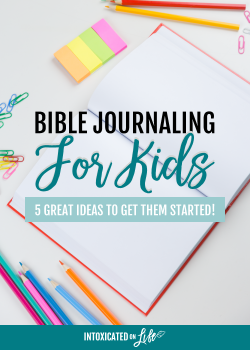

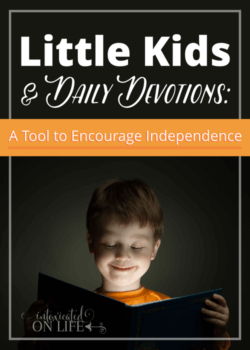






Leave a Comment